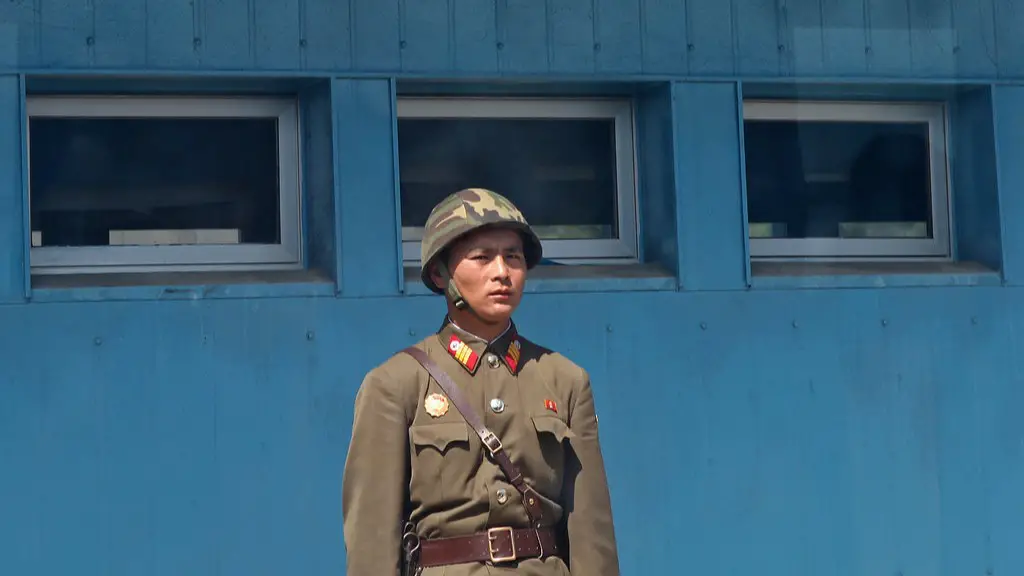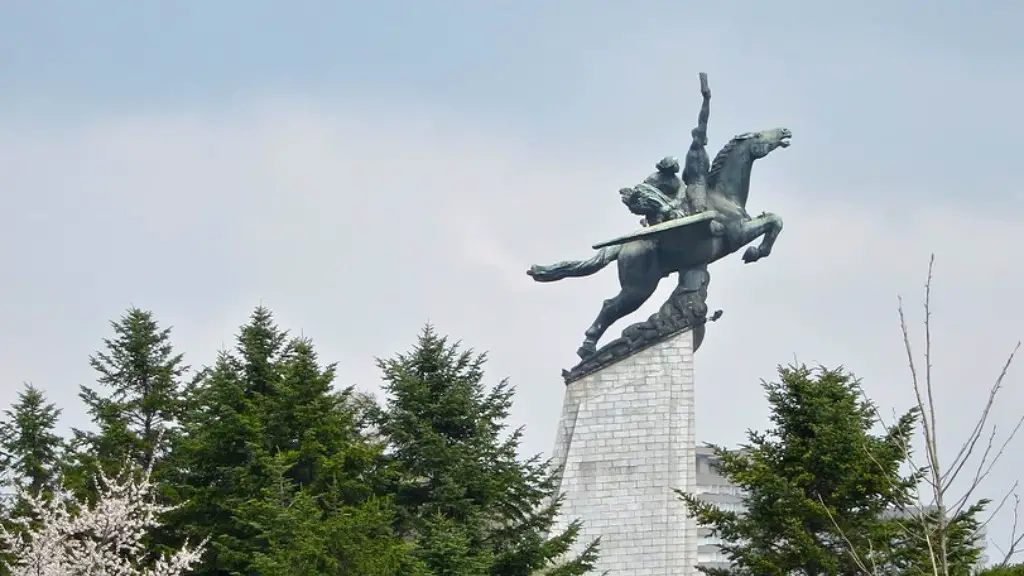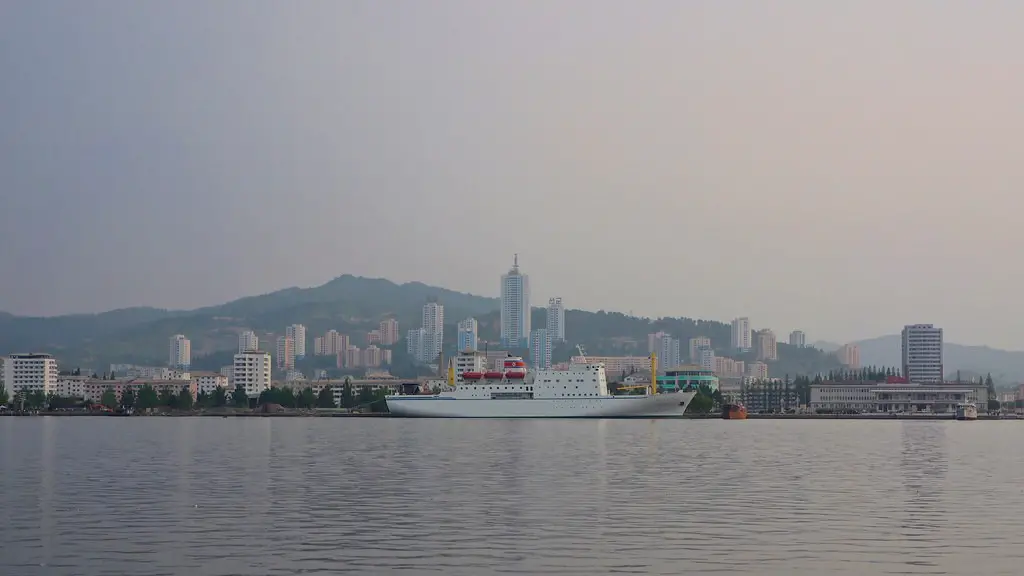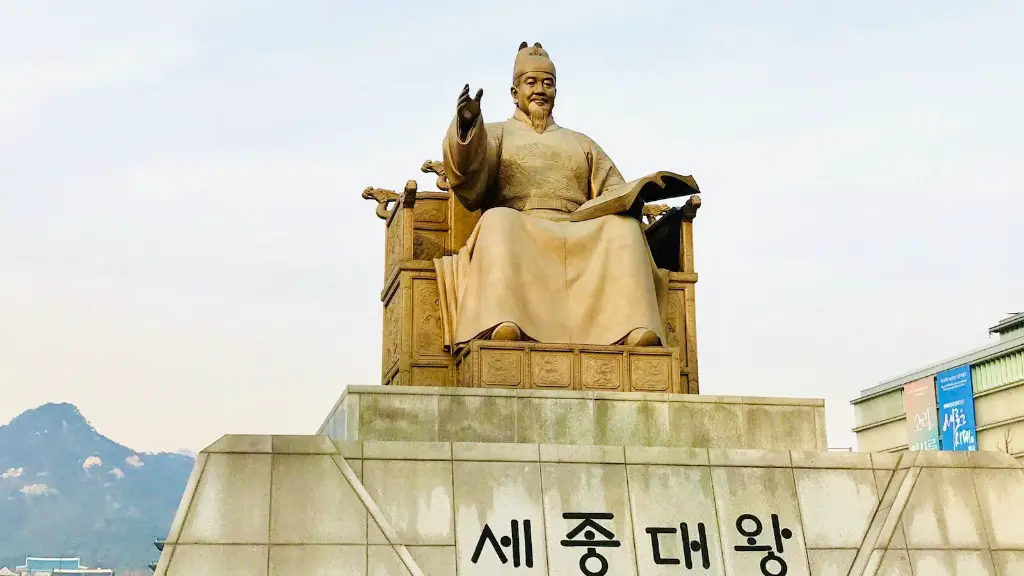The government of North Korea is a single-party state headed by the President, who is also the head of the party. The government is responsible for carrying out the policies of the party and ensuring the security of the state. It also controls the media and the economy. The government has been accused of human rights violations.
The government of North Korea is the supreme ruling authority in the country. It consists of the ruling Workers’ Party of Korea and the bureaucracy.
What type of government is North Korea under?
The DPRK is an authoritarian state led by the Kim family. Kim Jong Il was the leader for many years, and after his death in 2011, his son Kim Jong Un took over. The DPRK is a communist state, and the government controls many aspects of people’s lives. The economy is centrally planned, and most people work for the government in some way. The government provides healthcare and education, but there are shortages of food and other supplies. There is little freedom of speech or religion, and the media is controlled by the state.
In 2009, all references to communism were removed from the North Korean Constitution. However, in January 2021, the WPK reasserted its commitment to communism. The WPK believes that communism is the only way to achieve a truly just and equal society. The party is committed to working towards the establishment of a communist society in North Korea.
Is North Korea a democracy
North Korea’s political system is built upon the principle of centralization. The constitution defines North Korea as “a dictatorship of people’s democracy” under the leadership of the Workers’ Party of Korea (WPK), which is given legal supremacy over other political parties. North Korea has a highly centralized government, with power concentrated in the hands of the WPK and its leader, the Supreme Leader. The WPK controls all aspects of government and society, and the Supreme Leader is the ultimate authority on all matters of state. The WPK is the only party allowed to field candidates for election, and all citizens are required to vote for the party’s candidates. The government controls the media and restricts freedom of speech, assembly, and association. Dissidents are often imprisoned, tortured, or executed.
North Korea is an “independent socialist state” that holds elections, though they have been described by independent observers as sham elections. North Korea is a totalitarian dictatorship with a comprehensive cult of personality around the Kim family.
Is North Korea a free country?
The North Korean constitution does guarantee the freedoms of speech and assembly, however in practice these rights are often not upheld. Other clauses in the constitution, such as the requirement that citizens follow a socialist way of life, often take precedence over these rights. This means that citizens are often not able to freely express themselves or assemble without fear of retribution.
The Marxist–Leninist states, also known as the Communist states, are the various sovereign states around the world that are governed by the Communist Party with a Marxist–Leninist ideology. These states are characterized by their own unique form of socialism, which is based on the ideas of Marxism and Leninism.
The first Marxist–Leninist state was the Soviet Union, which was established in 1917 after the Bolshevik Revolution. The Soviet Union was the first country to adopt Marxism–Leninism as its official ideology, and it served as a model for other Communist states that would later be established.
Today, there are still many Marxist–Leninist states in the world, including China, Cuba, Laos, and Vietnam. These countries have all experienced different levels of economic development and success, but they all continue to uphold the Communist ideals of equality and social justice.
What countries are communist?
The Communist states in the world today are in China, Cuba, Laos, Vietnam, and North Korea (DPRK). They often do not claim to have achieved socialism or communism in their countries, but to be working toward the establishment of socialism.
The North Korean economy is a centrally planned economy, following the Juche ideology. The role of market allocation schemes is limited in North Korea, although there has been an increase in recent years. The North Korean government continues to adhere to a centrally planned economy as of 2022.
Is alcohol legal in North Korea
Soju is a distilled spirit made from rice, wheat, or barley, and is typically around 20% alcohol. It is clear, and often served in a small shot glass. It is the most popular alcohol in North Korea, and is also popular in South Korea and other East Asian countries. North Koreans typically drink soju with food, and it is not uncommon to see people drinking it on the streets or in parks.
If you’re planning to visit North Korea, be aware that the country has strict laws about what you can bring into the country. It’s illegal to bring in religious, pornographic or political items, so be sure todeclare all published material and electronic devices when you arrive. It’s also illegal to knowingly or unknowingly possess items that breach North Korean law, so it’s important to be familiar with the country’s laws and regulations before you travel.
Can you take photos in North Korea?
Despite what you may have heard, it is perfectly legal to take photos and videos in North Korea. In fact, the country is relatively lenient when it comes to photography, compared to other countries in the region. Just be sure to be respectful when taking pictures of the locals, and avoid taking photos of military personnel or government buildings.
The North Korean government continues to commit widespread and serious human rights abuses, including extrajudicial killings, forced disappearances, torture, and imprisonment in political prison camps, despite international condemnation and calls for reform. North Koreans who attempt to flee the country are often subject to harsh punishments, including execution, and families of escapees are often punished as well. Conditions in North Korea’s political prison camps are brutal, and detainees are forced to work in slave-like conditions. Many prisoners have died from starvation, disease, and abuse.
What is the punishment for escaping North Korea
If the defectors are caught in China, they are repatriated back to North Korea, where rights groups say they often face harsh interrogations and years of punishment, or even death, in kwalliso prison camps (such as the Pukch’ang camp), or in kyohwaso reeducation camps (such as the Chungsan camp or Chongo-ri camp).
North Korea is hidden on Google Maps because the country is inaccessible to western companies such as Google. The lack of access to the country means that there is little to no information about the country. This lack of information is what makes North Korea so secretive.
Are Americans not allowed in North Korea?
The US Department of State warns against travel to North Korea due to the continuing serious risk of arrest and long-term detention of US nationals. Despite this risk, some US citizens continue to travel to North Korea, often as part of organized tours. If you choose to travel to North Korea, you should do so with the understanding that you are taking a significant risk.
However, in 2017, the US State Department banned American citizens from travelling to North Korea due to the risk of detention and imprisonment. This ban is still in place and there are no plans to lift it in the near future.
Final Words
The government of North Korea is a single-party state dominated by the communist party. The country has a centrally-planned economy and a highly- centralized government.
The Pyongyang government is the government of North Korea, which is a single-party state dominated by the Workers’ Party of Korea. It is essentially a dictatorship under the control of Kim Jong-un, who succeeded his father, Kim Jong-il, in 2012. The government is headquartered in the capital city of Pyongyang.




